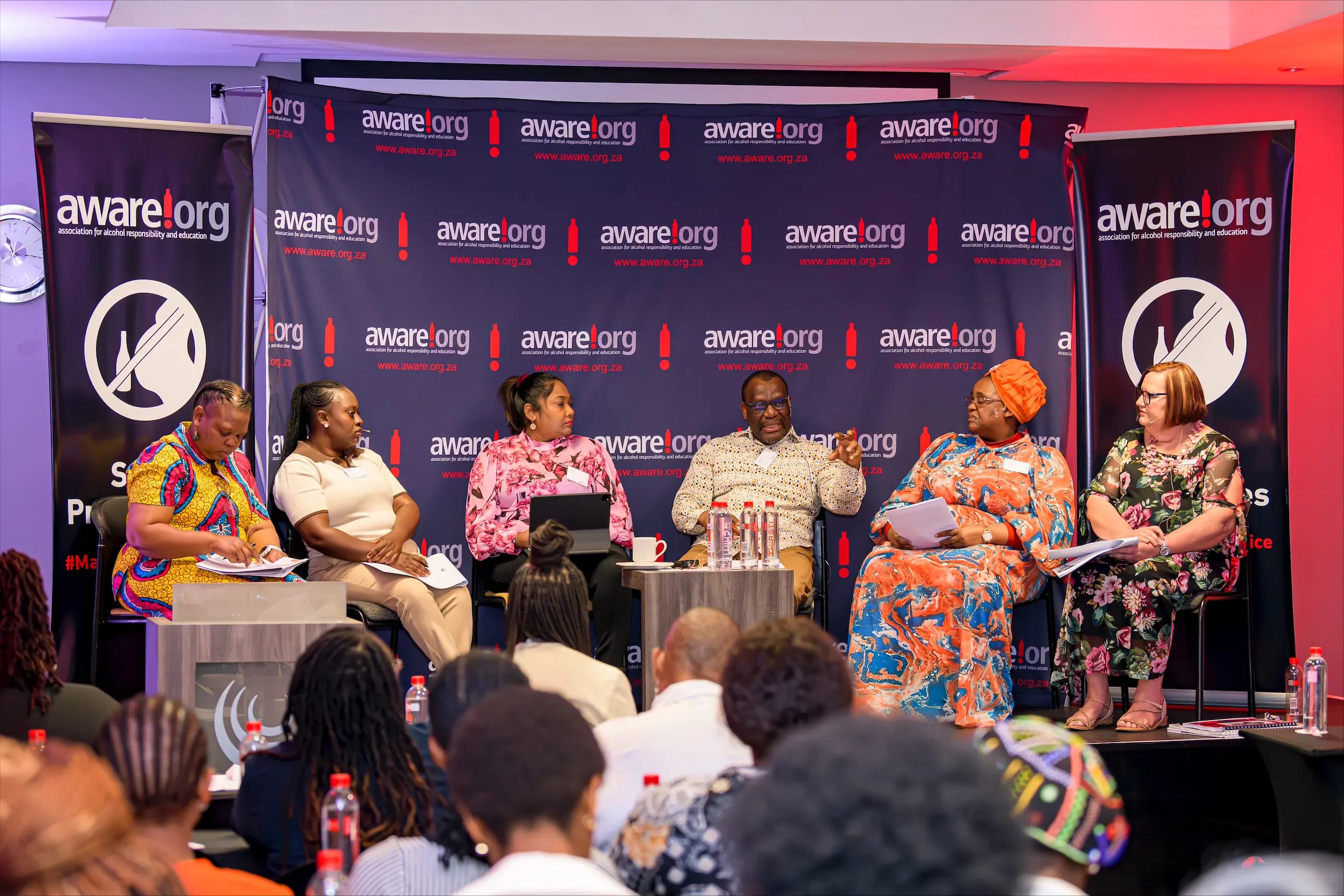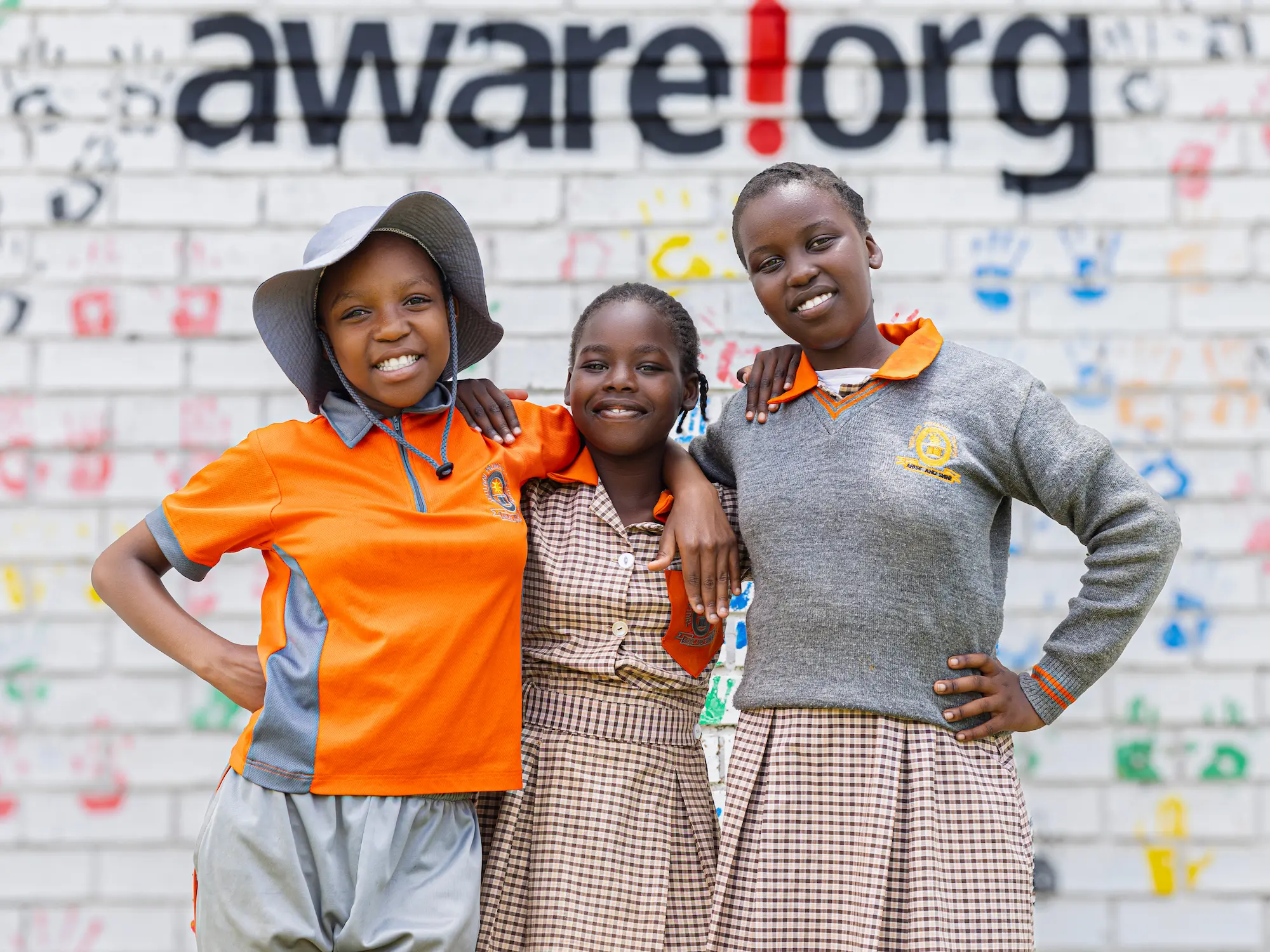Today, AWARE.org, South Africa’s leading organisation dedicated to reducing alcohol-related harm, convened a Fetal Alcohol Spectrum Disorder (FASD) Roundtable in Johannesburg.
The dialogue convened leaders from government, health, research, education, industry, and civil society to confront a stark reality: South Africa has the highest reported FASD prevalence rates
worldwide, with national rates estimated at 11% and some communities as high as 31%. This equates to tens of thousands of children born each year with preventable, lifelong cognitive and developmental disabilities.
The Roundtable created a collaborative platform to:
- Present the latest research and prevalence data
- Challenge harmful myths about alcohol use in pregnancy
- Highlight effective community-level interventions
- Shape scalable, evidence-based prevention strategies
- Secure actionable cross-sector commitments
Driving Collective Action
At the event, AWARE.org CEO Mokebe Thulo underscored the urgency of collaboration: “FASD is preventable, yet it continues to devastate children, families, and communities. Today’s Roundtable is not just a dialogue; it is a clear call to action. Only through united efforts across government, civil society, research, and industry can we break the cycle of harm and secure a future where every South African child has the chance to thrive.”
Facilitator Dr Sharon Hlanganani Maluleke-Ngomane, Lecturer at the University of Johannesburg and specialist in maternal and child health, underscored this point, noting: "FASD is not only a health concern but a social justice issue. Women need access to accurate information, supportive healthcare, and communities that empower them to make safer choices. By grounding our work in science and lived experience, we can dispel harmful myths, shift behaviours, and give every child a stronger start in life."
Dr Jaco Louw, a dedicated researcher with over 12 years of experience in the field of FASD research, prevention, and awareness and a panellist at the event, added his frontline perspectives, underscoring the critical role of communities, partnerships and the education therein: "Education is vital in tackling the myths that fuel drinking during pregnancy, such as the false belief that some alcoholic beverages improve the production of breast milk. The truth is simple: alcohol during pregnancy is never safe. While awareness alone won’t eliminate FASD, education is the crucial first step toward healthier futures."
Representing the private sector, Pamela Nkuna, Corporate Affairs Director at Pernod Ricard Africa Middle East, highlighted the role of industry collaboration in tackling FASD: "FASD is ultimately driven by harmful drinking behaviours, and the risks are compounded by the presence of illicit and counterfeit alcohol. Research shows that at least one in five bottles of alcohol in South Africa is illicit. Alcohol use during pregnancy is already dangerous, but when counterfeit products are involved, the potential harm to both mother and child is even greater. This is why collaboration across sectors is vital to protect women, children and communities."
Towards healthier futures
The discussions and insights will be captured in an action-oriented outcomes document, to be shared with stakeholders and media post-event. This will drive accountability, sustain momentum beyond the Roundtable, and reinforce AWARE.org’s role as a leading force in alcohol harm reduction in South Africa.
The Roundtable underscored a clear message: FASD is preventable, but only through collective action can South Africa break the cycle of harm. By uniting evidence-based research, education, community interventions, and industry collaboration, stakeholders committed to driving meaningful change. The outcomes of this dialogue will inform an action document to ensure accountability and lasting impact, reinforcing AWARE.org’s leadership in reducing alcohol-related harm.



.jpg)


